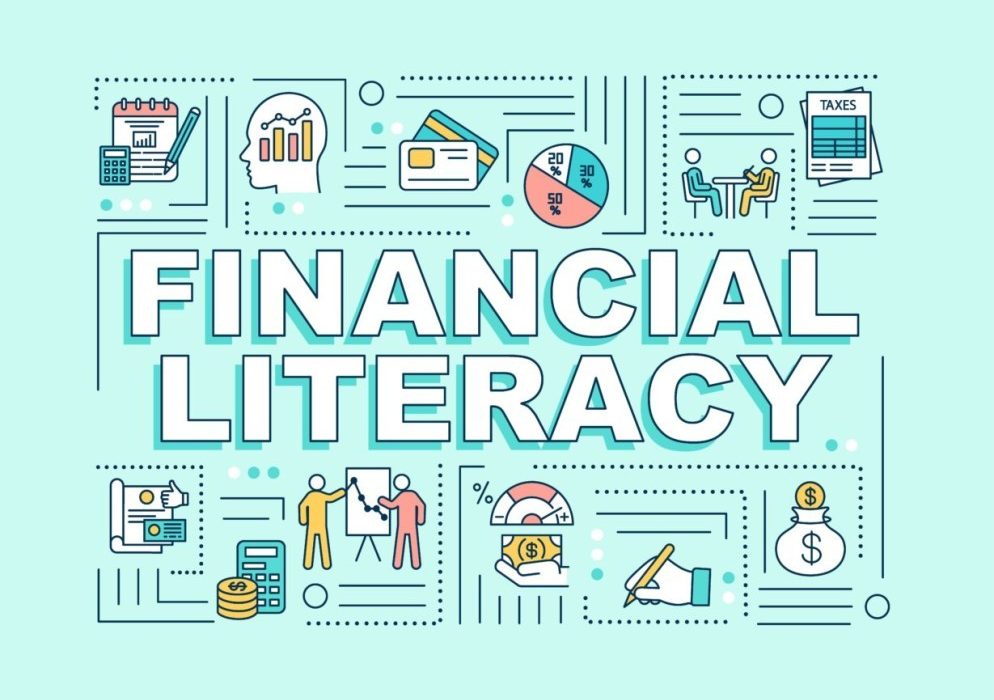The Importance of Financial Literacy Education in Schools

In today’s rapidly changing world, financial literacy has become an essential skill that everyone needs to navigate their personal and professional lives. Unfortunately, many people, especially young adults, enter adulthood without the knowledge necessary to manage their finances effectively. Financial literacy education in schools plays a crucial role in preparing students to handle their money responsibly, make informed financial decisions, and plan for their future. This article explores the importance of teaching financial literacy in schools and how it can empower students for financial success in their lives.
The Need for Financial Literacy Education
As students graduate from school and transition into adulthood, they are faced with important financial decisions that can significantly impact their lives. From managing a budget to understanding credit, loans, and investments, students are expected to make decisions that affect their financial stability. However, many students do not receive sufficient financial education in traditional school curricula. As a result, they may struggle with basic concepts such as managing debt, saving for the future, or planning for retirement.
Financial literacy education equips students with the knowledge and skills needed to make these decisions confidently and responsibly. It helps them understand how the financial system works, the importance of saving and investing, and how to make informed choices that align with their personal goals and values. Without a foundation in financial literacy, students are more likely to experience financial stress, make poor financial decisions, or fall into debt later in life.
Building Money Management Skills Early On
One of the primary benefits of financial literacy education is the development of essential money management skills. Teaching students how to budget, track expenses, and save money for short- and long-term goals provides them with the tools they need to manage their finances effectively. In today’s consumer-driven world, where instant gratification often leads to overspending, understanding the importance of budgeting is critical.
By learning how to create and stick to a budget, students develop a sense of responsibility and discipline in managing their finances. They learn how to allocate their money wisely, prioritize their spending, and avoid unnecessary debt. These skills not only help them manage their personal finances but also encourage a mindset of financial responsibility that will benefit them in their adult lives.
Understanding Credit and Debt
Another vital aspect of financial literacy is understanding credit and debt management. Credit cards, student loans, mortgages, and car loans are common financial tools that students will encounter as they transition to adulthood. However, many students are not fully aware of how credit works, how interest accrues, or the long-term consequences of borrowing.
Financial literacy education helps students understand the impact of credit on their financial health. They learn about credit scores, how to build and maintain good credit, and the risks of taking on too much debt. By understanding the implications of borrowing, students can make better decisions regarding loans, avoid falling into debt traps, and work towards financial independence.
Investing and Saving for the Future
Investing and saving are key components of building long-term financial security. Unfortunately, many students are not taught the basics of investing, such as how the stock market works or the benefits of retirement accounts. Teaching financial literacy allows students to gain a basic understanding of these concepts, helping them make informed decisions about their future.
By learning about the importance of saving early, students can start building an emergency fund, contributing to retirement accounts, and investing in their future goals. Understanding the power of compound interest and the value of long-term investments can set them on the path to financial independence and help them avoid financial struggles in the future.
Promoting Financial Independence and Confidence
Financial literacy education promotes financial independence, which is a crucial skill for young adults as they enter the workforce or continue their studies. Having a solid understanding of personal finance enables students to make confident decisions about their financial future. It also encourages them to take responsibility for their financial well-being and avoid relying on others to make financial decisions for them.
Students who are financially literate are more likely to plan for their future, seek out opportunities to improve their financial knowledge, and make decisions that align with their long-term goals. This sense of control and confidence can reduce financial anxiety and empower students to navigate challenges with a proactive mindset.
Addressing Financial Inequality
Financial literacy education also plays a key role in addressing financial inequality. Many students from low-income backgrounds may not have access to the same financial resources or education as their wealthier peers. By integrating financial literacy into the school curriculum, schools can level the playing field and ensure that all students, regardless of their socioeconomic status, have the knowledge needed to succeed financially.
When students are equipped with financial knowledge, they are better prepared to break the cycle of poverty, avoid financial pitfalls, and build a more secure future. Financial literacy empowers individuals to take control of their financial lives, regardless of their starting point.
Conclusion
The importance of financial literacy education in schools cannot be overstated. By teaching students the basics of money management, budgeting, saving, investing, and understanding credit, schools provide them with the tools they need to make informed financial decisions and navigate the complexities of modern life. Financial literacy education helps students build skills that foster independence, responsibility, and confidence, setting them on the path to financial success. In a world where financial decisions are integral to personal and professional well-being, providing students with the knowledge to manage their finances is an investment in their future. Schools have the opportunity and responsibility to prepare students for the financial challenges they will face, ensuring they are well-equipped to thrive in an increasingly complex financial landscape.










